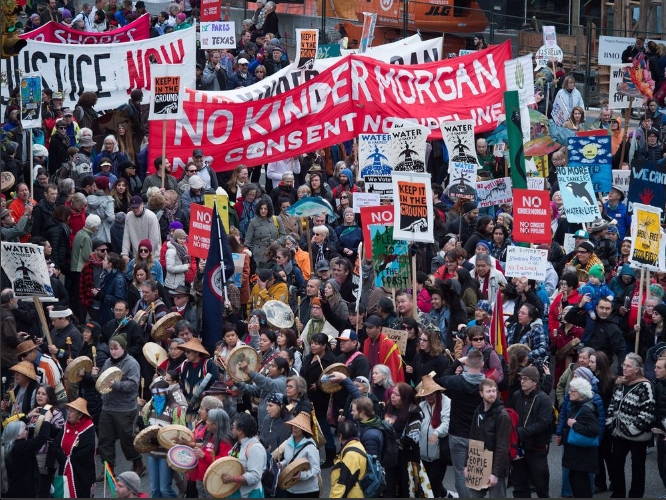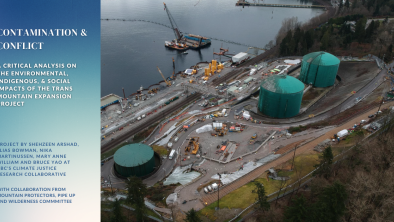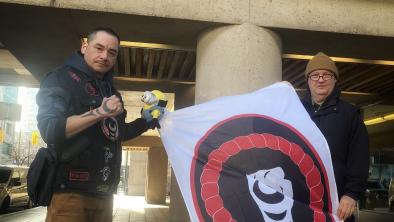Kinder Morgan pipeline: Protesters aim to emulate Clayoquot Sound success
Wednesday, November 30, 2016
Vancouver Sun

B.C. has a long history of environmental activism and anti-pipeline campaigners say they’re drawing from decades of experience to develop a plan of attack. Greenpeace oil sands campaigner Mike Hudema said Kinder Morgan can expect to face opposition from all sides, after Prime Minister Justin Trudeau announced his conditional support for the Trans Mountain pipeline expansion on Tuesday.
“Diversity in tactics is a key strategy. That will mean lawsuits, that will mean meeting with government officials, that will mean people showing up at the ballot box in British Columbia in the coming election, and that will mean protests and direct action,” Hudema said.
One model is the protests of the 1980s and 90s that secured the protection of Clayoquot Sound from logging. A key lesson is to keep up the pressure, Hudema says.
“One-off rallies and protests are great, but what really changes the tide is when those are sustained over weeks, months or even years,” he said.
The Clayoquot Sound movement had support from a wide range of British Columbians and strong leadership from First Nations — two elements that are already in place in today’s anti-pipeline movement, according to Joe Foy of the Wilderness Committee.
The really crucial similarity, however, is politics.
“The protests at Clayoquot Sound really blew up in 1993” with the election of NDP premier Mike Harcourt, said Foy, who was part of the campaign to protect the sound.
“Mr. Harcourt had run on a campaign of better environmental protection … so when that government of Mr. Harcourt OK’d logging in the majority of the unprotected area of Clayoquot Sound, it exploded.”
Similarly, Trudeau ran on a campaign that promised respect for the environment and indigenous rights.
“What happened yesterday was a real slap in the face, and that is a recipe for massive resistance,” Foy said of Tuesday’s pipeline announcement. But he added that protesters must avoid violence if they want to be successful — and police need to do the same.
Activists say that if the anti-pipeline movement has a leader, it’s Grand Chief Stewart Phillip of the Union of B.C. Indian Chiefs, who was arrested two years ago during a protest on Burnaby Mountain. It was Phillip who put out the call for Vancouverites to march in the thousands last weekend and who created an online pledge that has been signed by more than 10,000 people promising to stop Kinder Morgan.
Individual First Nations in the Metro Vancouver area will play a key leadership role as well.
The Tsleil-Waututh Nation, whose traditional territory encompasses the marine terminal for the pipeline, has taken to the water by canoe to perform traditional ceremonies to demonstrate against Kinder Morgan since the expansion plans were announced. Those will likely continue, according to Tsleil-Waututh Nation Sacred Trust Initiative spokeswoman Charlene Aleck.
The Tsleil-Waututh will also fight the project in the courts. The nation plans to file a suit within the next month alleging that indigenous rights are being ignored by the federal government, and it is fundraising to support its legal rights.
Lawyers with EcoJustice plan to launch a legal challenge as well, and they’re currently analyzing Trudeau’s decision to figure out a plan of attack.
Meanwhile, the Dogwood Initiative is taking lessons from the anti-HST campaign of 2010 and will be using B.C.’s direct democracy laws to try to block the pipeline. It’s planning to train volunteers to begin collecting signatures on a petition, starting in the new year.
twitter.com/bethanylindsay


